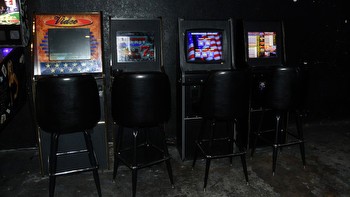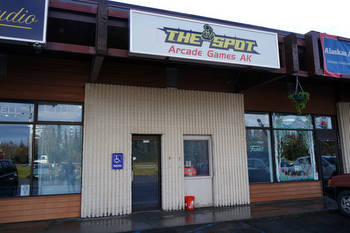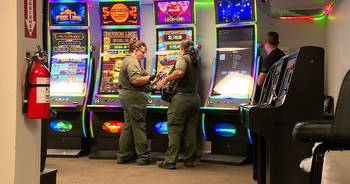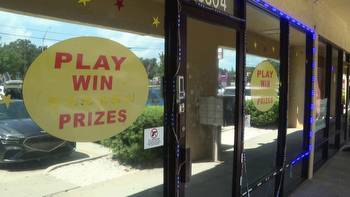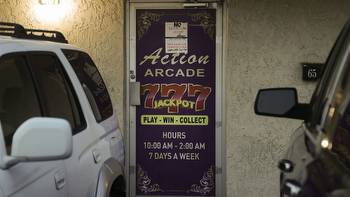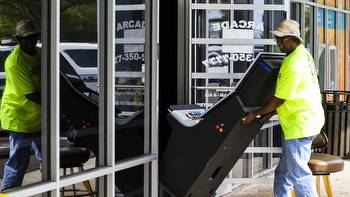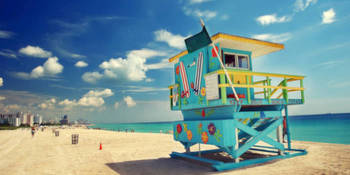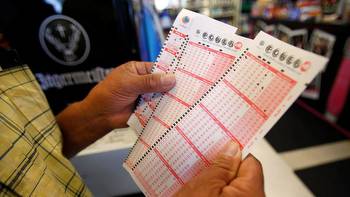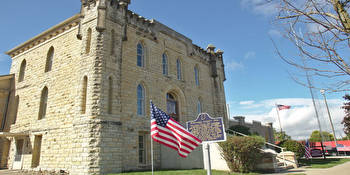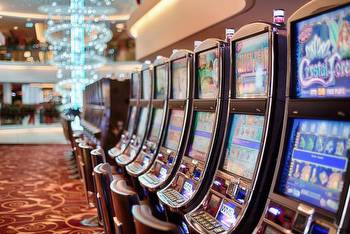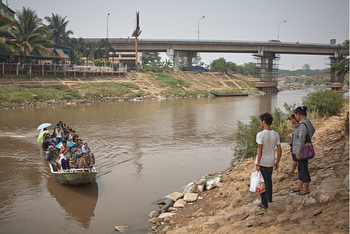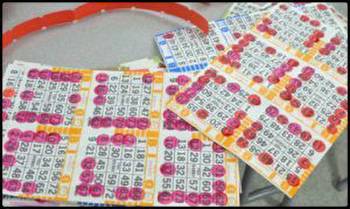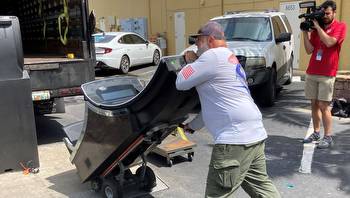Patrons allege gambling sites are operating in Anchorage

ANCHORAGE, Alaska (KTUU) - According to Alaska statute, all forms of gambling are illegal in the state with the exception of charities, such as pull-tabs and Bingo. However, there has been a buzz on social media about thriving gambling operations happening in Anchorage. One person emailed with a request look into one of them.
“I myself attempted to go in the (place) thinking it was a legitimate Arcade. Man what a shock,” said one email from a person who requested to remain anonymous.
Social media sites show discussion among people who have gone there hoping to find an arcade experience. They claim that’s not what they found.
“Sketchy,” said one post on Reddit.
“Weird looking arcades, I thinks illegal gambling mostly,” said another.
But are these arcades actually illegal gambling? According to Alaska statutes, gambling occurs when “a person stakes or risks something of value upon the outcome of a contest of chance.”
Three of the patrons Alaska’s News Source spoke to said at least two businesses are doing just that. One location is known as “West Side Arcade” on Minnesota Drive.
Alaska’s News Source spoke with one man, who requested to remain anonymous, who claims he’s a patron of these establishments. For the purposes of this story, he will be identified as “Dave.”
“It’s a vicious cycle that more and more people are getting into and I showed a few of my friends, and I regret it,” Dave said.
He said one of his friends played $20 his first time at West Side Arcade and turned it into $1,400. According to Dave, he also gambles at 369 Muldoon Road in East Anchorage.
Despite his history of playing at these places, Dave says he’s had enough.
“I’ve recently been trying to avoid, just because it’s it’s a toxic environment,” he said.
Alaska’s News Source went undercover to see what was happening at the two locations. Equipped with a hidden camera, a reporter entered the arcade on Muldoon Road. The front door was locked. After knocking, a worker let the reporter inside a room, where he had to open another door which led into the arcade.
Once inside, the reporter began inserting bills into the machines. Most of the games displayed swarms of sea creatures or flocks of birds that the player has to strike with nets, which are launched by pushing a button.
At one point, one arcade worker even offered up tips on how to better play the games, showing the “lowest shooting table” which had a beginning bet of 10 cents.
After several minutes of playing, it became clear to workers that the reporter was not very experienced.
“First time trying this one out?” asked one of the men working there, who introduced himself as “Omar.”
“What is your credit amount?” he asked. The reported told him they would play $20.
In less than a minute, the money was gone.
According to Dave, players must earn $80 worth of points in order to be paid cash for their winnings. Arcade workers apparently call this issuing a “refund.” The man who identified himself as Omar said that $80 is the minimum refund.
Alaska’s News Source then went to “West Side Arcade,” located in a strip mall at 3600 Minnesota Drive in Anchorage.
As the reporter walked in, they had to push past a large plastic flap that looked like a garbage bag. In fact, the entire business had black plastic taped around the windows and exits.
The reporter inserted cash into the video games and began pushing buttons to shoot everything from flamingos and dragons, to tigers and fish. Some machines took cash directly, while others required players to hand the cash to workers, who then loaded the machines with a plastic card.
One player apparently received some high scores. A man shouted the word “card” and a worker quickly responded, leading him into the arcade’s back room.
According to Dave and two other patrons, that’s where winners collect their money. When the player returned to the main room, Alaska’s News Source asked him if he won, and he responded, “oh, a little bit.”
When asked how much, he replied, “not as much as when I came in.”
Asked if it was around $100, he replied, “yeah.”
Alaska’s gambling ban doesn’t apply to traditional arcade games. An amusement device is considered legal if it “confers only an immediate right of replay, not exchangeable for something of value,” or “confers only tickets, credits, allowances, tokens, or anything of value that can be redeemed for toys, candy, or electronic novelties.”
The law seems to not allow an arcade game to offer any kind of cash payment or “refund,” which would appear to take a game out of the amusement device exception.
When the apparent winner at West Side Arcade came back out to the main gaming room, he tried his luck again. He explained how the games are essentially based upon luck.
“You could sit here and try all day to get that and then just walk over here and hit it one time,” he said.
But Dave said luck eventually runs out for most everybody and, according to him, he’s even seen fights break out. He said it’s “pretty disgusting to see and a lot of domestic violence happens in there as well, them arguing about money.”
Alaska’s News Source went back to both arcades a couple days later to try to speak with the owner or manager. The front door was locked at the location on Muldoon Road, but a reporter managed to speak with someone at the West Side Arcade, and he looked familiar. The man who answered the door appeared to be Omar, who had been at the Muldoon arcade just a few days before.
When asked if he was the manager, Omar replied “I just work here.” While he’d been helpful at the Muldoon arcade, this time he remain tight-lipped, except for denying any wrongdoing.
When asked if the Minnesota Boulevard business was an illegal gambling establishment, he answered, “No, this is an arcade place.”
When asked if he paid out money, the worker said “No, we pay out prizes.”
Alaska’s News Source then informed the worker that several people claimed they were paid money after playing the games, and that’s when he asked the reporter to leave.
But that leaves people like Dave wondering what, if anything, law enforcement knows about these these businesses.
“I think the police are either too stupid to know or just don’t care,” Dave said.
Alaska’s News Source reached out to law enforcement agencies to find out if these businesses are running a legal operation.
Both Alaska State Troopers and the Alaska Department of Revenue, which oversees charitable gaming, suggested contacting the Anchorage Police Department instead.
Alaska’s News Source asked the Anchorage police for an interview about what exactly constitutes illegal gambling and whether they had incident reports from the Minnesota location. An email received in response said, in part, that “The Anchorage Police Department takes illegal gambling seriously, however we focus our limited investigative resources on the most serious crimes of this nature.” It did not opine on whether those arcade games were lawful.
Alaska’s News Source has requested incident reports on both locations through the department’s records office, but has not yet received that information.
The Anchorage police told Alaska’s News Source it had the option of filing a formal police report on the department’s website.








